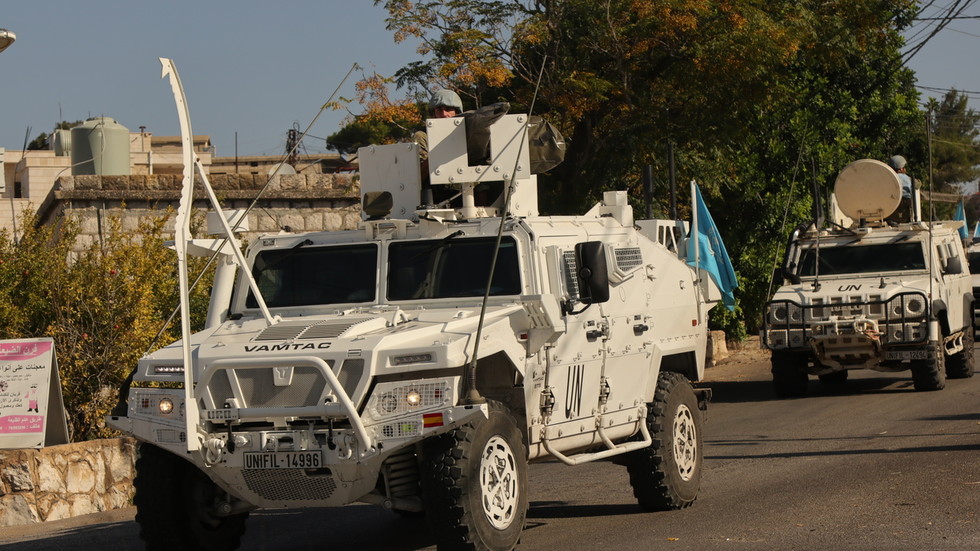In a recent incident, an Israeli Merkava tank shelled a United Nations Interim Force in Lebanon (UNIFIL) observation post in southern Lebanon, causing significant damage. According to UNIFIL, the attack resulted in the destruction of surveillance equipment and damage to a watchtower at the peacekeeping outpost. This act was characterized by UNIFIL as a “deliberate” assault by the Israel Defense Forces (IDF), prompting them to urge the Israeli military to adhere to the inviolability of UN premises。在该声明中,联合国维和部队重申了对以色列应尊重和不妨碍联合国驻军的呼声,这一呼吁在当前以色列与真主党(Hezbollah)之间不断升级的局势中显得尤为迫切。
The ongoing tensions in southern Lebanon have not only prompted accusations from UNIFIL against Israel regarding assaults on its installations but also resulted in multiple injuries to peacekeepers. This incident is not isolated; rather, it forms part of a troubling pattern where UNIFIL has frequently reported direct attacks originating from Israeli military forces. The shelling of the observation post is emblematic of the volatile situation in the region, where the longstanding conflict between Israel and Hezbollah continues to manifest in physical confrontations and violations of international peacekeeping agreements.
Established in 1978, UNIFIL’s primary mandate was to monitor the withdrawal of Israeli troops from Lebanese territory following Israel’s occupation. Since then, its responsibilities have expanded, especially with regards to ensuring that no military activity occurs between the Blue Line—an internationally recognized border separating Israel and Lebanon—and the Litani River. With approximately 10,000 troops from over 50 countries, UNIFIL’s presence is crucial for maintaining stability in a region that remains fraught with conflict, particularly given the ongoing tensions and hostilities involving Hezbollah, which Israel considers a terrorist organization.
The Israeli government has criticized UNIFIL, claiming that the peacekeeping force has become a “human shield” for Hezbollah, thereby undermining its intended purpose. Prime Minister Benjamin Netanyahu has taken a hard stance, stating that UN troops should be withdrawn from southern Lebanon imminently. He approached UN Secretary-General Antonio Guterres with demands to remove these peacekeepers, warning that their continued presence could jeopardize their safety. Despite these threats, UNIFIL has remained committed to its mission, steadfastly resisting calls for evacuation and asserting its role in maintaining peace in the area.
This situation highlights the complex dynamics at play in southern Lebanon, where regional tensions are exacerbated by the actions of various state and non-state actors. The hostility displayed towards UNIFIL contributes a layer of peril to an already dangerous environment, as peacekeepers attempt to carry out their mandate amid contentious political relations and potential military confrontations. The implications of these actions extend beyond immediate physical dangers, pointing to a broader issue surrounding international peacekeeping and the challenges faced when operating in conflict zones.
In conclusion, the shelling of the UNIFIL observation post serves as a stark reminder of the fragility of peace in areas marked by long-standing conflicts. The situation necessitates careful consideration from all parties involved, particularly regarding respect for international peacekeeping mandates. The future of UNIFIL in southern Lebanon remains uncertain, especially with rising tensions between Israel, Hezbollah, and the UN forces stationed in the region. It is crucial for the international community to engage in dialogue to ensure that peacekeeping objectives are met while protecting the lives of those who serve to uphold peace and security.

